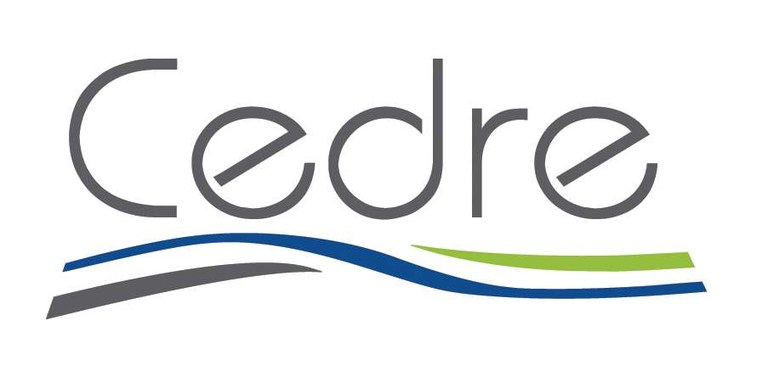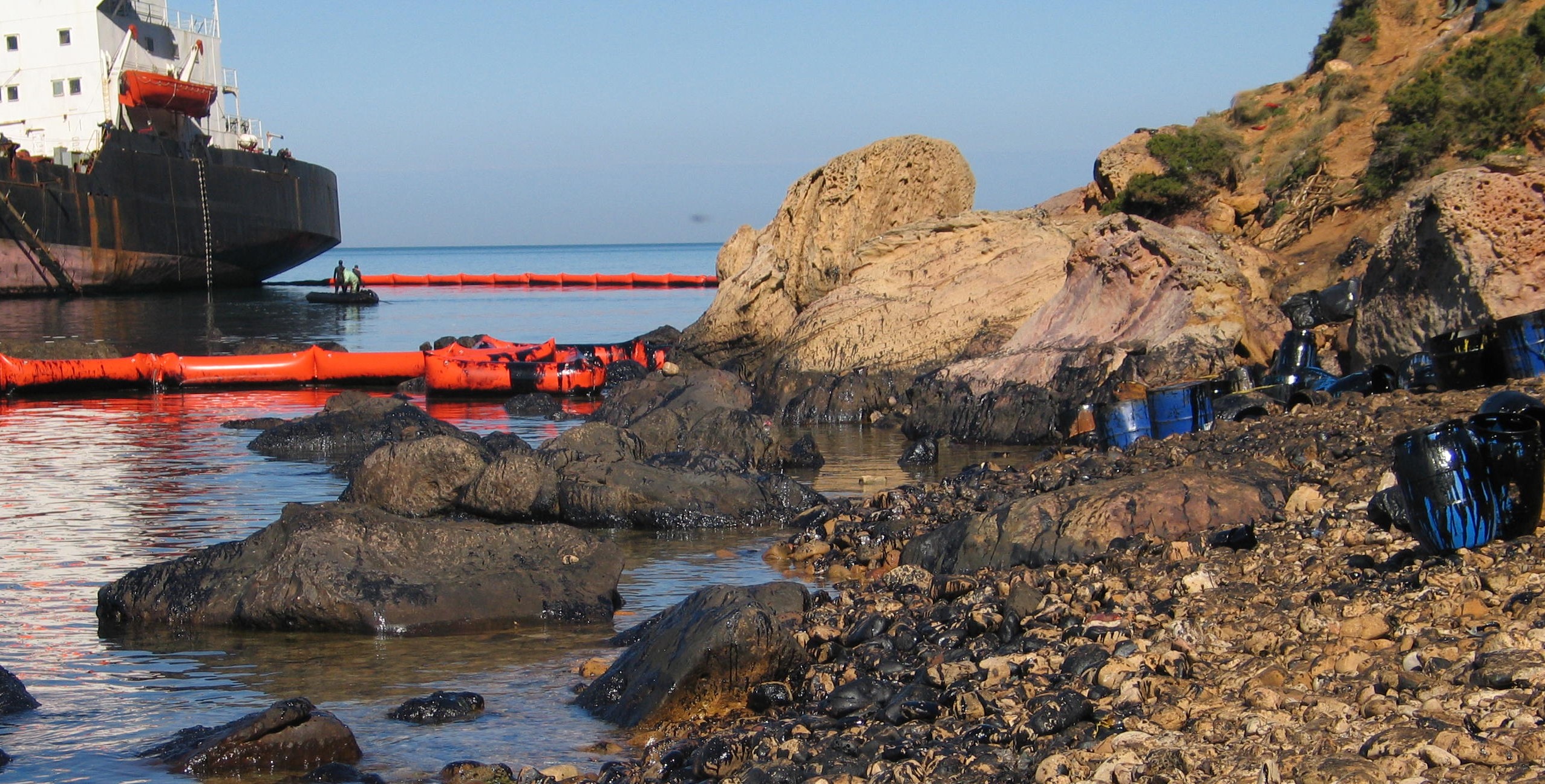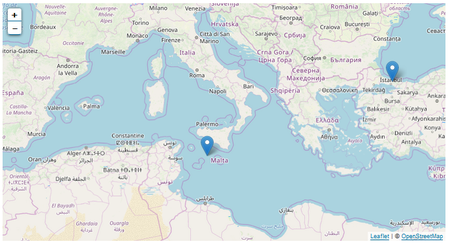Experts of the MAU
About MAU
The Mediterranean Assistance Unit (MAU) was established by Decision IG 3/5 of the Contracting Parties to the Barcelona Convention, within the framework of the Emergency Protocol, at its Eighth Ordinary Meeting (Antalya, Türkiye, October 1993) .
By adopting the Decision IG 17/10 Annex 5 Contracting Parties approved the setup of the MAU special revolving fund and to maintain it, at a level equivalent to the average expenses of a one month mission.
The primary objective of the MAU is to rapidly provide onsite and remote services of selected experts to a Contracting Party which, in case of emergency, request such assistance. The MAU experts can provide advice and technical expertise to the authorities to decide on the combating measures to take and on the assistance that could be necessary to request.
How it works
The MAU can be mobilized by the Director of REMPEC upon the request of a Contracting Party in the case of an emergency situation.
In the short term, the MAU experts sent on a mission can assist a country in the early stage of the assessment of an incident, but if needed can assist the national authorities in the crisis management and organisation of intervention in the medium term. The need for medium term support varies greatly from one country to another, but is crucial for less prepared countries.
It is crucial for REMPEC to be able to provide immediate and adequate expert assistance. Due to its limited human resources, REMPEC cannot be expected to assist the Contracting Parties which so request, with direct expert advice, except for very limited periods of time.
Therefore, to facilitate the mobilization of MAU experts and reduce burdens from Mediterranean coastal States, a MAU special fund managed by REMPEC has been established in the framework of the Barcelona Convention to secure the funds required to mobilise an expert to cover up to a one month mission on-site.
Services provided
This advice and technical expertise may include:
- crisis management and organization of intervention;
- analysis, assessment of the situation
- forecasting of oil and chemical slick behaviour, fate and movement;
- combating methods and techniques at sea and onshore;
- treatment and disposal of wastes,
- financial documentation
- claims for compensation; etc.
Members
Today, the MAU is based upon six Memoranda of Understanding (MoU) between REMPEC and relevant institutions.

|
Name of the Institution |
Location |
Area of expertise |
Type of Assistance |
|
 |
Brest, France |
Oil and chemical spills |
Remote/onsite |
|
|
FEDERCHIMICA - Federazione Nazionale dell’Industria Chimica |
Milan, Italy |
Chemical spills |
Remote/onsite |
|
|
ISPRA - Istituto Superiore per la Protezione e la Ricerca Ambientale |
Rome, Italy |
Oil and chemical spills |
Remote/onsite |
|
|
Brussels, Belgium |
Oiled wildlife response |
Remote/onsite |
||
|
MONGOOS - Mediterranean Operational Network for the Global Ocean Observing System |
Mediterranean |
Oil spill forecasting model |
Remote |
|
|
ATRAC - Adriatic Training and Research Centre for Accidental Marine Pollution Preparedness and Response) |
Rijeka, Croatia |
Oil and chemical spills |
Remote/onsite |
Although a fact finding or assessment mission after an incident may require only a few days for the MAU expert, the scope of action outlined in the decision adopted by the Contracting Party may involve a medium term expert mission, in particular, if the decision is made to assist in the crisis management and organization of intervention.
The need for medium term support varies greatly from one country to another, but is crucial for less prepared countries. Moreover, recent experience exemplifies the need for REMPEC to be in a position to provide immediate and adequate expert assistance. It should also be acknowledged that the mobilization/funding of additional experts through regional and international organizations can take some time.
Cases of Emergency Assistance
Since then, the MAU has been activated by REMPEC during six major pollution incidents in the Mediterranean.
- the Nassia Oil Spill in 1994, Turkey
- the Jiyeh Power Plant Oil Spill in 2006, Lebanon
- the Grounding of Costa Concordia in 2012, Italy
- the Evrona oil spill in 2014, Israel
- the Sinking of Agia Zoni II in 2017, Greece
- the Corsica Oil Spill in 2018, France
- the Israeli Oil Spill in 2021, Israel
- The Lebanese Oil Spill in 2021, Lebanon
- The Syrian Oil Spill in 2021, Syria




